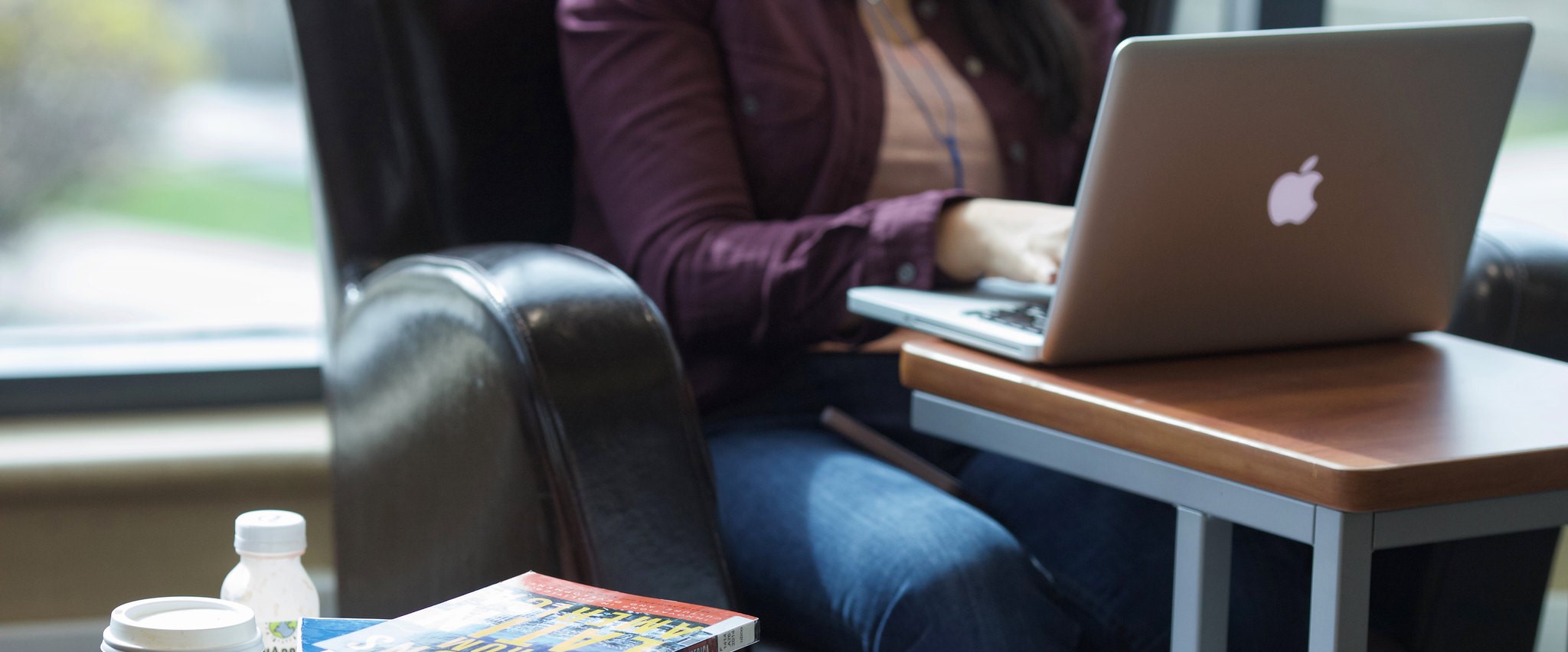OBJECTIVES AND OUTCOMES

Power of You Events: Phase One
October 1, 2013: Power of You Official Kick-Off Event
Objective:
- FortisBC, senior executives, NPO’s, and community members were invited to the kick off. Interactive and educational opportunities were provided to build capacity and inform individuals of energy behaviors and how to get involved in energy conservation measures on campus.
Outcomes:
- Approximately 50 people attended the Kick-Off.
- Of those who completed an on-site questionnaire, 100% indicated that they felt informed about the PoU program through the kick-off event and would be willing to actively participate in the initiative.
October 16, 2013: Lights Out Challenge
Objective:
- The Lights Out Challenge encouraged faculty and staff to turn off lights during the noon hour activity in both occupied and unoccupied spaces as a measure to reduce energy consumption.
Outcomes:
- PoU volunteers completed an audit of workspaces and kWh reduction was measured.
- The Lights Out Challenge yielded a participation rate of 49% with a 2,323 kWh reduction, or 11% decrease, in energy consumption among academic buildings – if building occupants conserved such an amount of energy every noon hour for a year, the campus would save an estimated $44,000 annually.
October 20 – December 3, 2013: Student Residence Cold Water Washing Program
Objective:
- A cold water washing program for students living on campus was piloted in the Nicola Residence to educate and encourage building residents on behaviour change that reduces energy consumption.
Outcomes:
- By opting to wash their laundry in cold water, the residents successfully reduced the residences’ hot water usage by 27% and saved 1,031 liters of hot water.
- With an outstanding hot water use reduction of 54%, the fourth floor residents won the floor-by-floor challenge.
November 14, 2013: Bundle Up
Objective:
- Bundle Up was held to inform the campus community on personal space heating measures, and to build capacity of faculty, staff, and students to practice alternative personal heating behaviours.
Outcomes:
- Over 120 attendees were provided with energy efficiency tips to keep warm while conserving energy during the winter months.
- Behavior change was demonstrated by attendees’ willingness to modify their behavior in terms of efficient personal space heating – 150 lap blankets were distributed to attendees, with another 20 blankets being requested and distributed to staff following the event.
February 28, 2014: Ugly Sweater Day
Objective:
- Ugly Sweater Day was held to promote energy efficient personal space heating options, and to support the replacement of inefficient ceramic heaters with more energy efficient radiant models through the Heater Swap-Out program.
Outcomes:
- More than 70 faculty, staff and students wore their favorite “ugly” or “comfy cozy” sweaters to the lunch hour event to support energy conservation.
- 39 attendees completed an energy-savings quiz depicting misconceptions pertaining to energy conservation.
- Replaced 21 ceramic heaters (1500 Watts) with radiant models (170 Watts), resulting in expected annual energy savings of 31,147 kWh and $2,015 in reduced energy costs per year.
March 2014: Focus on Labs
Objective:
- To help reduce energy consumption, practice of energy efficient behaviour in labs such as choosing energy efficient lab equipment and applying energy conservation measures was promoted.
Outcomes:
- The greatest increase in self-reported responsible energy behavior identified by lab users was through the application of energy-efficient freezer techniques and discarding old samples no longer needed.
March 27, 2014: Earth Hour – “One Hour, No Power” Challenge
Objective:
- The “One Hour, No Power” challenge encouraged the campus community to turn off office lights in occupied and unoccupied spaces and power down any office and laboratory equipment, where feasible, for one hour to reduce energy consumption.
Outcomes:
- PoU volunteers monitored and assessed the real-time energy consumption of academic buildings over the noon-hour on the day of the event and compared it to baseline.
- Building occupants in the Administration building were the most engaged participants turning off 54 lights, with only 10 lights remaining on.
April 2014: Energy Behaviour Re-Survey
Objective:
- Re-survey was deployed to the campus community to gather information and determine how energy habits on the Okanagan campus have begun to change as a result of the PoU campaign.
Outcomes:
- The most significant impact of behavior change was an 11% increase in participants reporting that they turn off lights when leaving an unoccupied space.
- The majority of survey respondents indicated that the behavior they were most willing to engage in was to turn off lights, followed by turning off computers.
- Reported observations of PoU behavior change communication tools increased from 16% to 53%, and awareness of energy depleting power sources increased from 38% to 56%.